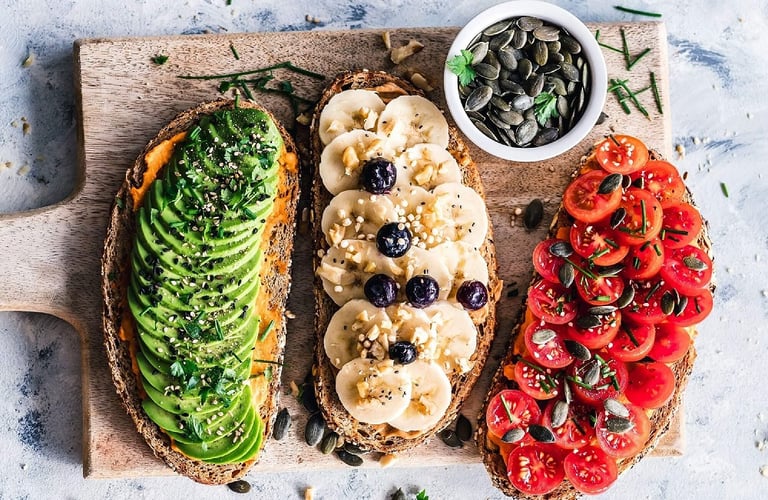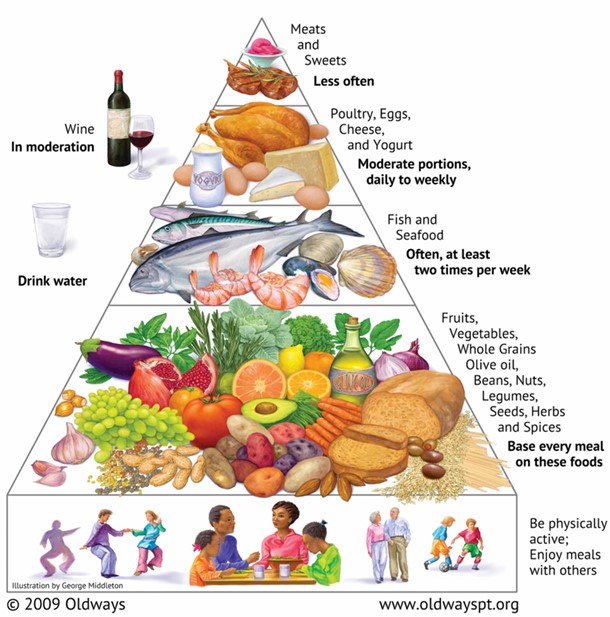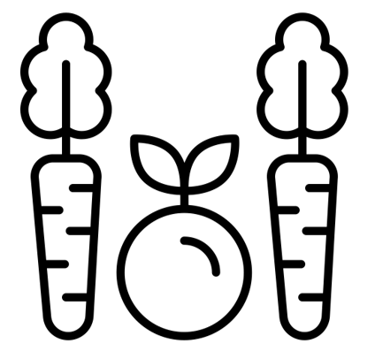Is man naturally vegetarian?


It depends on who answers the question ;)
If it's the Campbells father and son, Colin and Thomas, in the "The China Study" published in 2005, then the answer is yes. The Campbells consider that human beings originally ate vegetables and fruit, noting that animal proteins are the source of most of today's degenerative diseases, not to mention the enormous environmental impact of livestock farming.
I have the utmost respect for this duo, who have done a remarkable job. I fully share their view that we should consume far fewer animal products, particularly meat and dairy products, whether for health reasons or for the sake of the environment and the sustainability of our planet. However, I disagree with their conclusions regarding our original diet.
That said, we're almost 20 years on from the publication of their work, and our knowledge has continued to evolve in that time. By cross-referencing their studies with others, I share the opinion that man has always been omnivorous and that animal proteins have always been part of his diet. But that doesn't mean we shouldn't reduce our consumption.
What also convinces me that humans were omnivores from the start is that we have canines. This may seem like a detail, but it's not insignificant: only carnivorous species have canines. Finally, there's the case of vitamin B12. This vitamin is essential for numerous biochemical processes in our body, at the heart of which lies methylation. The synthesis of our neurotransmitters, for example, requires vitamin B12. However, this vitamin is found almost exclusively in animal food sources. In the few plant sources, it is practically impossible to assimilate. So, it's hard to believe that we're designed not to eat animal food.
In the end, it doesn't matter - the Campbells and I agree on the essential point, which is that we need to reduce our consumption of meat and dairy products. First of all, protein should make up no more than 15% of our energy intake. Secondly, they should be at least 2/3 plant-based and can easily be entirely plant-based (vegetarians should, however, check their vitamin B12 levels and supplement if necessary). In the plant world, we can find them in legumes (e.g., chickpeas 19%, lentils 9%), wholegrain cereals (e.g., quinoa 15%, brown rice 13%) and oilseeds (e.g., hazelnuts 15%, almonds 7%). These are averages.
When it comes dairy products, you already know my opinion if you've read my article on milk. In my opinion, the only dairy products worth consuming are yoghurts and cheeses, which are fermented products and sources of probiotics. Cheese on an occasional basis, preferably from goat's or sheep's milk (less polluted than cow's milk) and preferably from raw milk, which is richer from a nutritional point of view, even if there is always a bacterial risk.
This is the time and place to share with you the food pyramid that speaks to me the most:
To find out more, also read these articles:
On the issues of industrial foods compared to a natural diet: https://isabellemaesnutrition.com/en/processed-foods
On how to broaden the range of foods that have a place in a healthy diet: https://isabellemaesnutrition.com/en/forgotten-foods
Here's the link to the excellent documentary "Fork Over Knives": https://www.youtube.com/watch?v=EjTWFoqLy34
Sandwich picture by Ella Olsson


